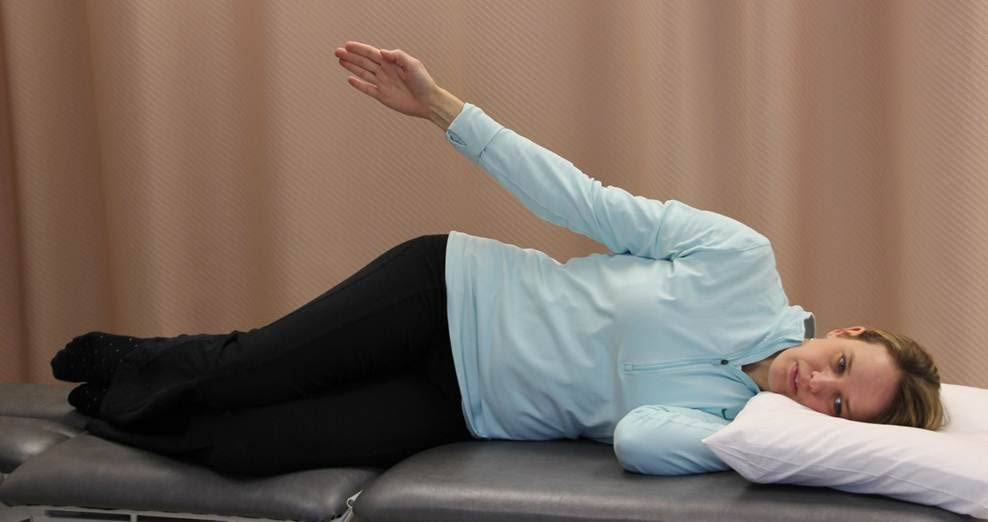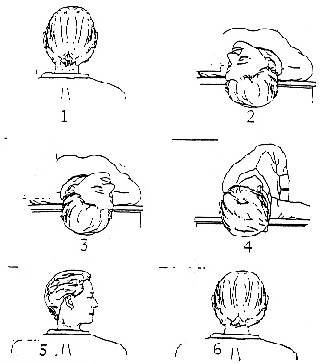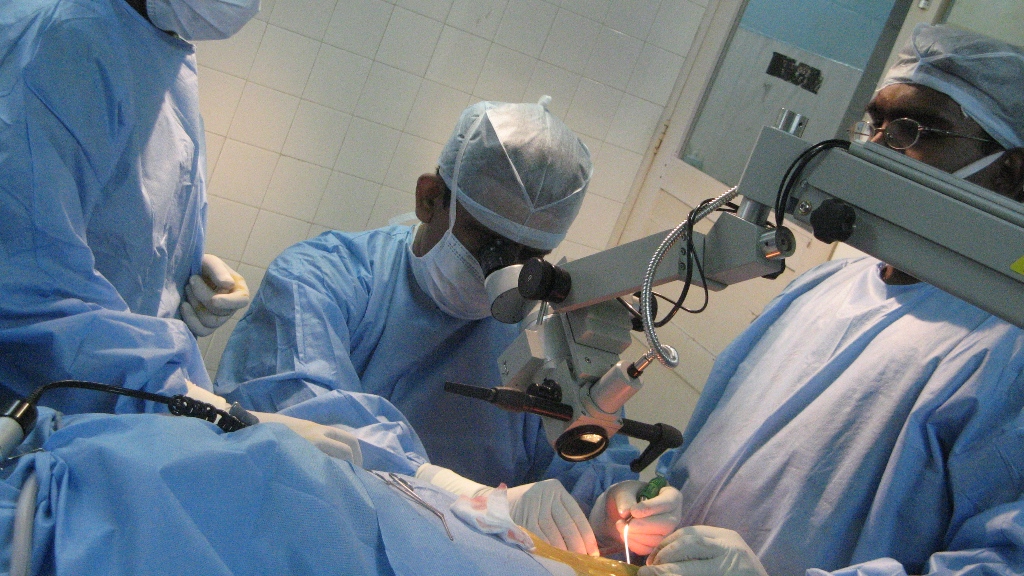How to Stop Getting Vertigo

Have you ever felt that you are spinning while you are actually not even moving? You are definitely suffering from Vertigo, a disorder of the ear. Commonly, vertigo is treated with therapy sessions and in some situations, an ear surgery has to be performed.
Vertigo can affect any age group but is most common in people over 60 years of age. A severe blow to the head, concussion, a vestibular migraine or excessive use of alcoholic beverages can cause vertigo and occurs when tiny crystals from otolith, an organ in the ear, transfer to semicircular canals, another ear organ. Symptoms of vertigo include difficulty while walking, dizziness, nausea and light-headedness.
Instructions
-
1
Proper diagnosis is the first step towards cure. If you are constantly suffering from any of the vertigo symptoms, the first thing you need to do is to see your doctor. The doctor will diagnose if you are suffering from vertigo or not and will determine which is the affected ear.
Image Courtesy: memegenerator.net

-
2
If diagnosed with vertigo, the first instruction you will get will be to avoid lying down on the side of the problematic ear. Strictly follow this instruction at all times.
Image Courtesy: physicaltherapy.about.com

-
3
Undergo a physical therapy. Canalith repositioning is a therapy used by doctors to get the dislocated crystals in the ear back to their original position, the otolith. Canalith repositioning involves a number of slow and monitored head movements. Vertigo will not stop with just one therapy session so memorise the steps involved in canalith repositioning and do the head movements yourself as often as possible.
Image Courtesy: cyberounds.com

-
4
After you are done with a therapy session, help the problem causing crystals in your ear to return to their normal position by placing elevating your head. Use a number of pillows placed on top of each other.
Image Courtesy: printer-friendly.adam.com

-
5
You may have to undergo a surgery if repeated therapy sessions do not work. Be prepared for that and see your doctor every few days and ask him to examine if therapy is working or not. The doctor will check if whether or not the dislocated crystals have moved back to their normal position and may recommend a surgery.
Image Courtesy: drpaulose.com








